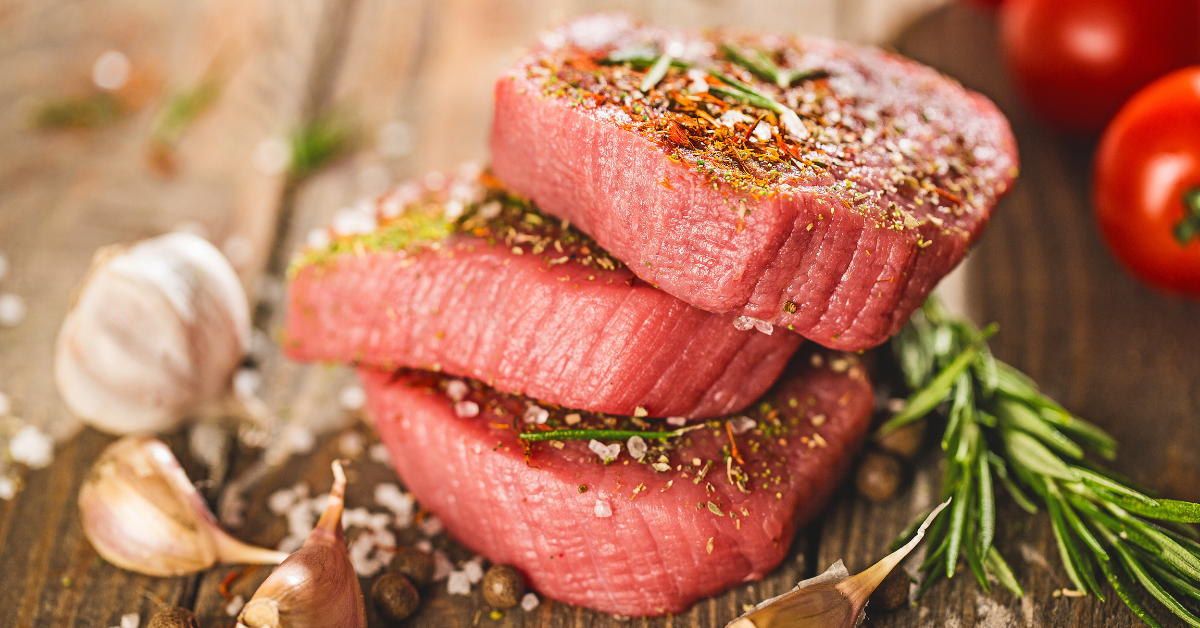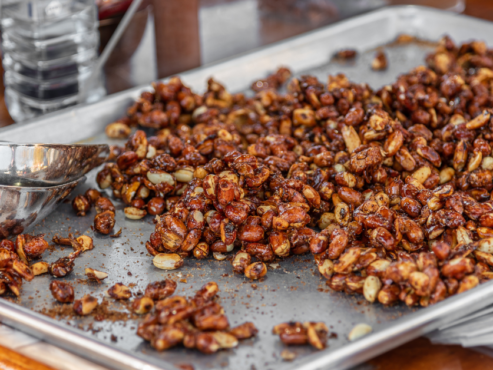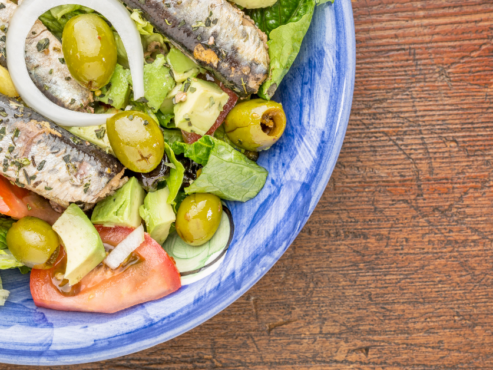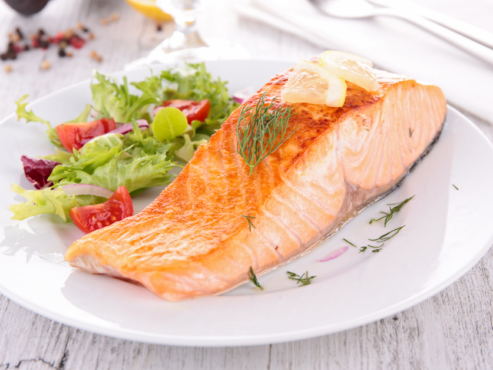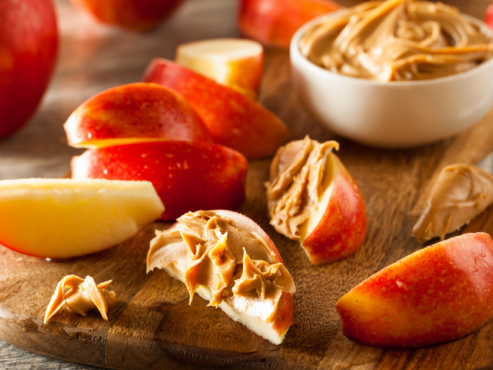
Most people correctly associate protein intake with muscle mass. In truth, protein is necessary for all your body’s physiological functions, like making hormones and supporting components of your immune system.
In this quick article, we want to try and help you understand some of the fundamentals as to why protein is important for fat loss and how it actually does this.
It’s important to start with the fact that “losing weight” is seldom the goal for most people – losing fat is while preserving muscle.
Protein reduces appetite
When we are trying to lose fat, we know that we need to be in a calorie deficit to support this. By doing this, we are restricting energy in a controlled manner in the hope that our body will tap into fat stores and break it down for use as energy.
Consuming adequate amounts of protein is the number one tool to help us sustainably stay in a calorie deficit for enough time to facilitate fat loss.
Protein reduces appetite (and thus food intake) by increasing the levels of certain hormones such as glucagon-like peptide 1, which is produced in the intestines and some areas of the brain.
The thermic effect of food (TEF)
In addition, the thermic effect of food (TEF) is highest for protein at 20-30% of its caloric value. In other words, let’s say you eat 300g of chicken breast (almost pure protein). This is ~360 calories that are being supplied to your body, but the process of digesting, absorbing, & transporting the protein (hopefully to your muscles!) will burn 90 calories, so your body is only getting 270 ‘usable’ calories.
Interestingly, the TEF for carbohydrates and fats is 5-10% and 0-3%, respectively.
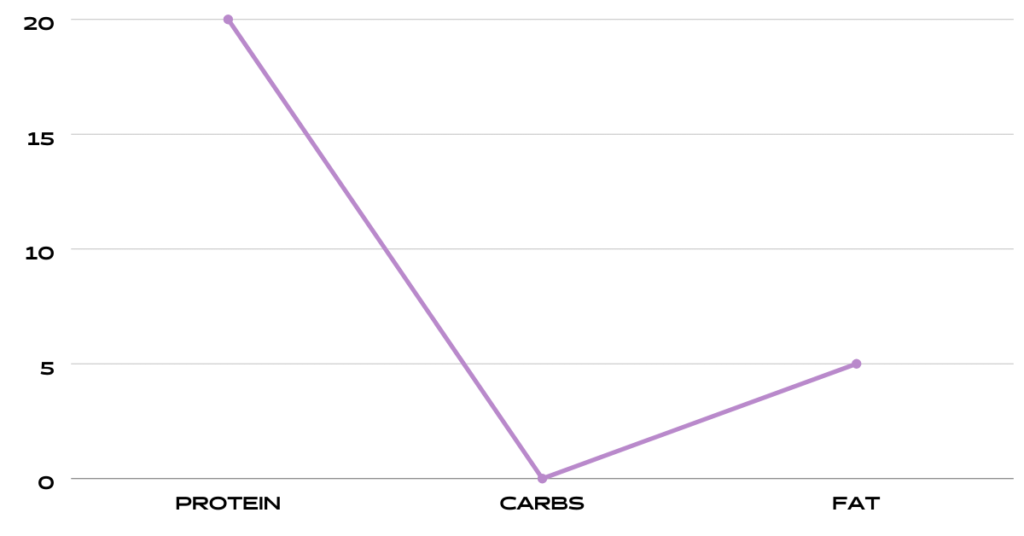
When we are trying to lose body fat and thus restrict energy (calorie deficit), there is a chance that we may break down fats for use as energy and break down proteins from our hard-earned muscles. We can help avoid this by keeping protein intake high, giving our body the raw materials it needs to ensure muscle retention.
So how much protein do I need to eat again!?
For individuals with a healthy weight, consuming around 2-2.5g / kg of BW per day is considered a good range to strive for. It would look like ~0.4g – 0.6g / kg BW to get this into a figure per meal.
For individuals that are obese or overweight, consuming between 1.5-2g / kg BW of protein per day may be a more realistic target as we need to consider greater total body weight.
To start with, use the hand portion system and include two palm-size portions with main meals and snacks. You won’t go far wrong with this 😉
See also




